Welcome back to the AI Business Catalyst series! In Episode 09, we had the pleasure of hosting Rania Wasif, a specialist leader with over a decade of experience in business transformations, data governance, and centers of excellence. Rania shared her valuable insights on building a foundation for trustworthy AI, the vital role of data governance, and how organizations can successfully scale AI-driven innovation.
So lets get started...
Why Do Ambitious Innovation Efforts Often Fall Short?
Many organizations invest heavily in AI and digital transformation, yet struggle to scale or sustain the expected value. Rania explains that the core challenge is not a lack of ideas or technology but the absence of a shared vision and structured approach. Innovation is frequently treated as a side project rather than integrated into daily operations, resulting in scattered pilots, misaligned priorities, and lost momentum.
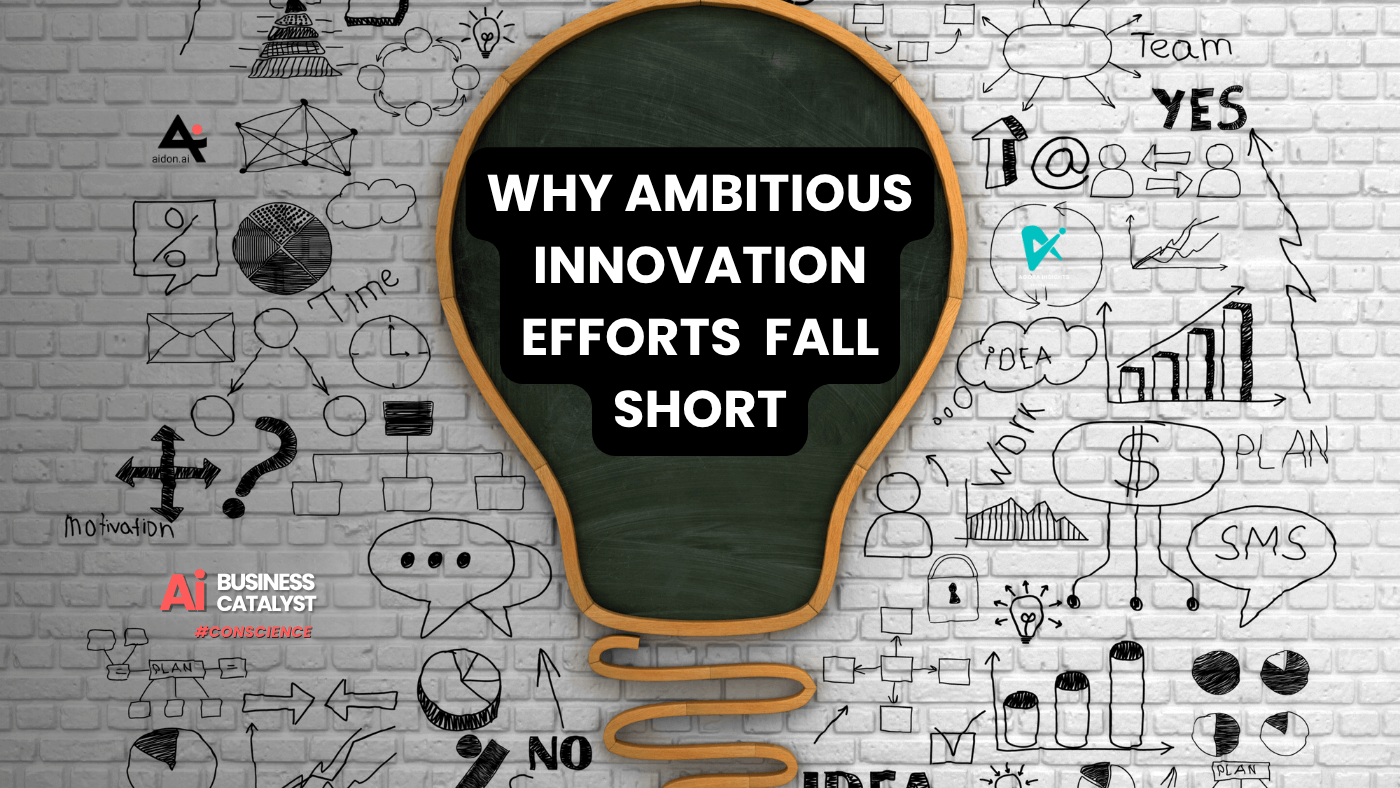
The solution? Establishing a clear framework that aligns innovation with business strategy and supports teams through execution. Without this, scaling AI initiatives sustainably becomes nearly impossible.
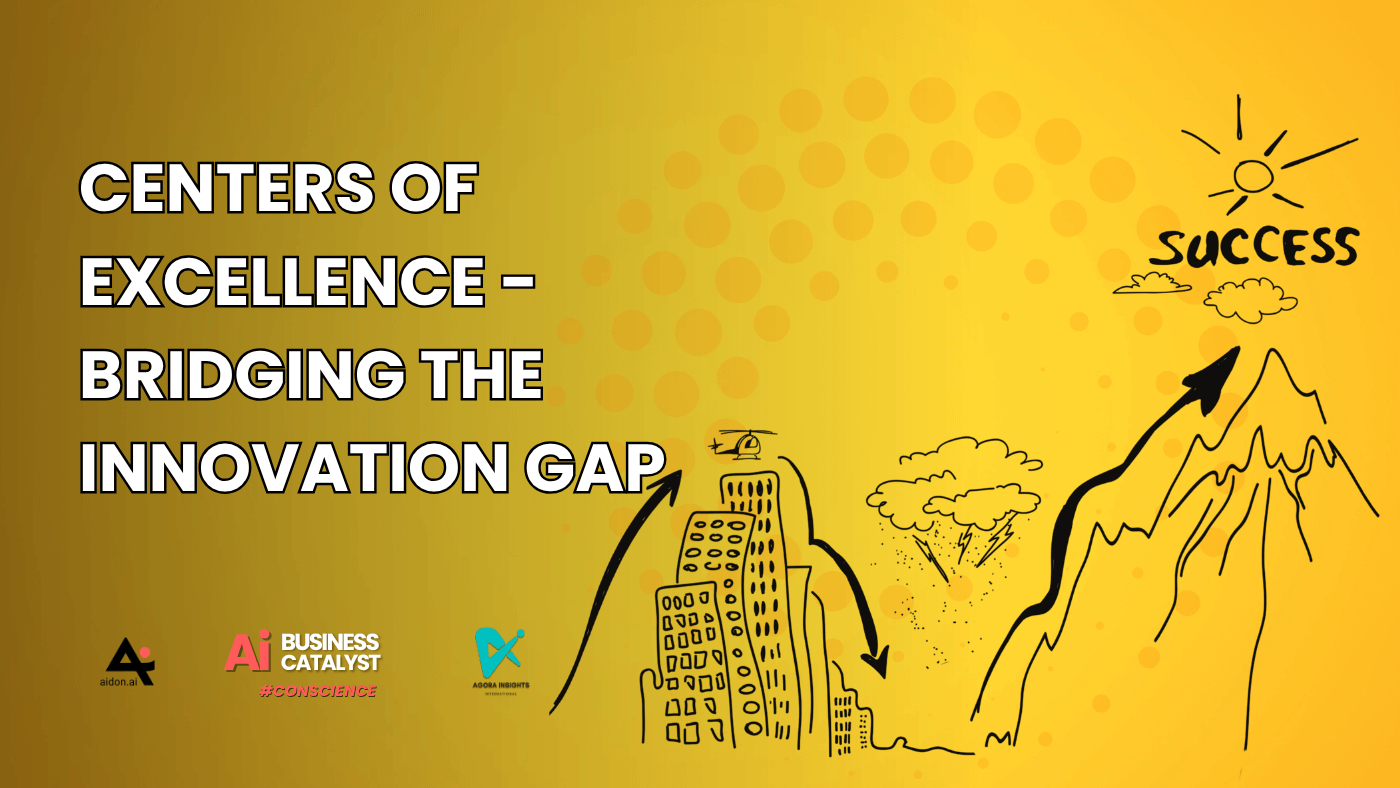
What Role Do Centers of Excellence Play in Bridging the Innovation Gap?
Rania advocates for the creation of Centers of Excellence (CoE) as a powerful organizational structure to bridge the gap between ambition and results. A well-designed CoE acts as a safe space for cross-functional collaboration—bringing together business, operational, and technical teams to share ideas, prioritize initiatives, and make informed decisions.
Key features of an effective CoE include:
- Governance with agility: Defined decision-making processes that are dynamic, not bureaucratic.
- Alignment with business strategy: Ensuring innovation efforts support long-term organizational goals.
- People-centric approach: Empowering teams with tools and structure, fostering ownership and engagement.
Rania’s Ignite Framework (Initiate, Govern, Nurture, Implement, Evolve) embodies this approach, guiding organizations step-by-step from strategy to sustainable implementation.
How Should Innovation and AI-Driven Transformation Align?
Innovation isn’t just about adopting the latest AI tools or technologies. At its core, it’s about solving real problems in ways that add value and improve how people work. Rania emphasizes starting with the right questions:
- What problem are we solving?
- What benefits will this bring to customers, teams, or the community?
By focusing on outcomes and involving frontline employees who understand day-to-day challenges, organizations can foster meaningful innovation rather than technology for technology’s sake.
How Can AI Transformation Become More People-Centric and Structured?
AI transformations often falter due to lack of ownership, unclear roles, and siloed efforts. Rania highlights the importance of:
- Starting small but with clear intention.
- Building structures that support teams, clarify responsibilities, and foster accountability.
- Embedding change management to bring people along the journey and reduce resistance.
This people-centric, structured approach increases confidence and momentum, enabling AI initiatives to deliver sustained value.
Why Is Data Quality and Architecture Crucial for AI Success?
AI depends heavily on data, but poor data quality undermines even the best strategies and tools. Rania stresses:
- Data quality is a business responsibility, not just a technical detail.
- Organizations should prioritize critical data domains (e.g., customer data) and define clear quality metrics.
- Establishing a business glossary and differentiating between data and information helps bridge communication gaps between technical teams and business users.
Deirdre and Rania discussed how information architecture complements data architecture by providing context and flow of critical data across systems, making it easier for business users to engage and contribute.
How Can AI Agents Be Safely Integrated with Human Oversight?
With the rise of AI agents, Rania advocates for:
- Introducing AI agents gradually and safely, starting with internal use.
- Maintaining a human-in-the-loop to audit outputs, provide feedback, and ensure accuracy.
- Using AI to automate repetitive tasks, freeing people to focus on creative and higher-value work.
This balanced approach fosters trust and maximizes AI’s benefits without compromising quality or accountability.
How Do We Embed Ethics Into AI and Transformation Projects?
Ethical considerations must be integrated from the outset of any AI or transformation project. Rania recommends:
- Asking critical questions about impact, bias, and risk early on.
- Involving diverse perspectives—legal, HR, marketing—to ensure fairness, transparency, and accountability.
- Focusing on doing what’s right, not just what’s possible.
Ethical AI builds trust internally and with customers, which is essential for long-term success.
What Is Non-Invasive Data Governance and Why Does It Matter?
Governance often gets a bad reputation as bureaucratic red tape, but Rania introduces the concept of non-invasive data governance, which:
- Formalizes accountability based on existing roles without adding burdensome processes.
- Supports rather than interrupts workflows.
- Focuses on ownership and responsibility rather than policing.
This approach helps organizations move faster, avoid blame games, and uncover gaps where data ownership is unclear.
What Advice Would You Give Leaders Starting AI and Innovation Initiatives?
For leaders embarking on AI and innovation journeys, Rania advises:
- Start with clear intention: Understand why you are transforming and what you want to achieve.
- Start small and build a strong foundation: Don’t try to change everything at once.
- Create supportive structures: Empower your teams with clarity, tools, and accountability.
- Keep people at the heart: Engage and support your workforce throughout the journey.
Conclusion
Episode 09 of AI Business Catalyst with Rania Wasif offers a compelling roadmap for organizations aiming to harness AI responsibly and effectively. The blend of people-centric innovation, structured governance, data quality focus, and ethical foresight is key to building trustworthy AI that delivers real, lasting value.
Podcast Hosts:
Deirdre Caren – Co-founder of Aidon AI & Agora Insights
Omar Gawad – Architect and Analyst
Alain Picard – CTO of Aidon.ai & Enterprise Architect
Guest Speaker:
Rania Wasif – Founder & President of VI Nova, Director of Data Professional Development at DAMA
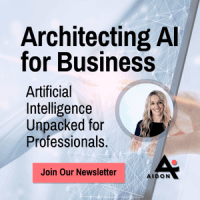
To get biweekly videos and interviews from leaders around the world, why don't you try connecting to our Architecting AI for Business Newsletter
Want to access more content, connecting with the Inner Circle is recommended
Just a reminder that Agora Insights and now Aidon.ai open up a world of learning and AI-Assisted Solutions for Business Architects, Analysts, Strategists, and Business Leaders. Contact us for a demo.
To watch more videos, visit YouTube.
Interested in business architecture and business analysis certification, corporate and AI training?
Go to our website www.agorainsights.com
Connect with Deirdre Caren on LinkedIn


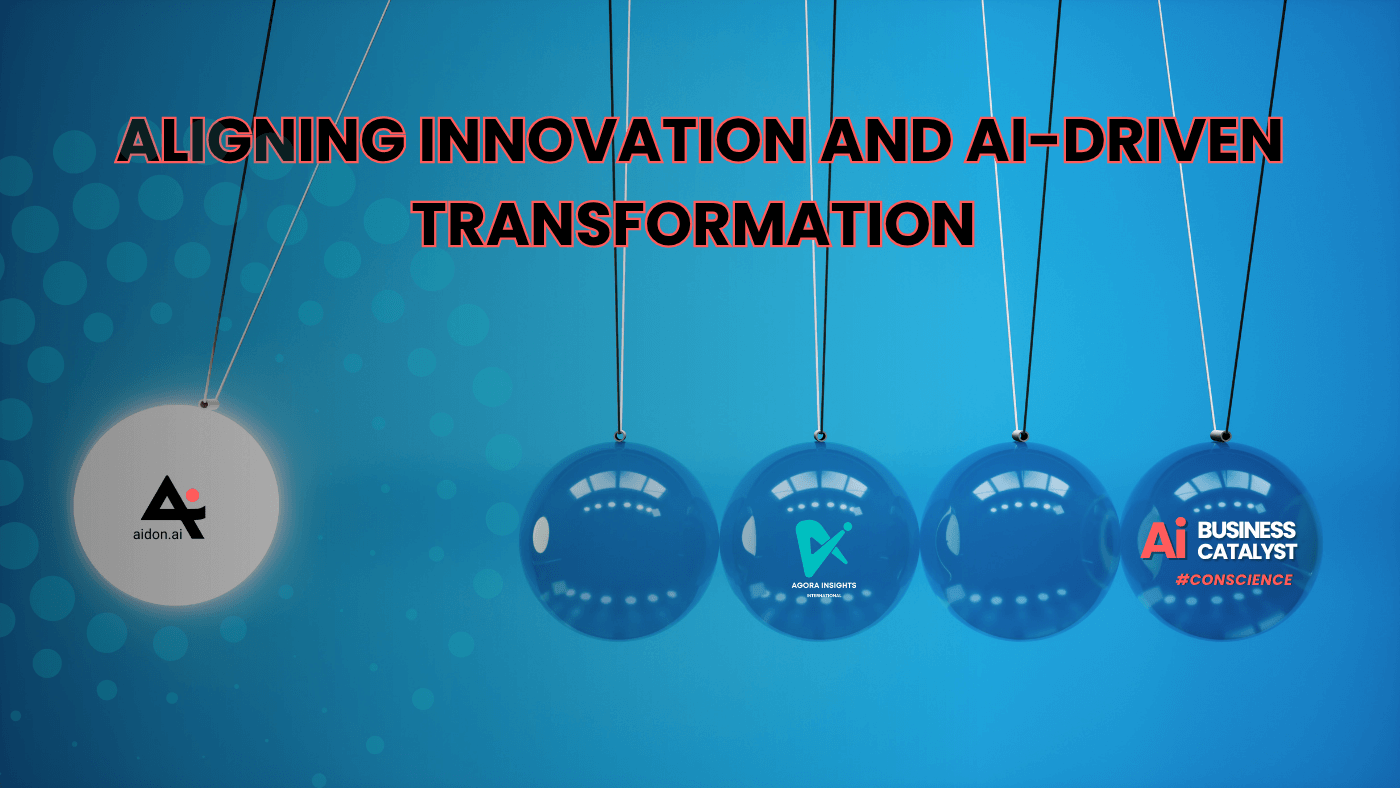
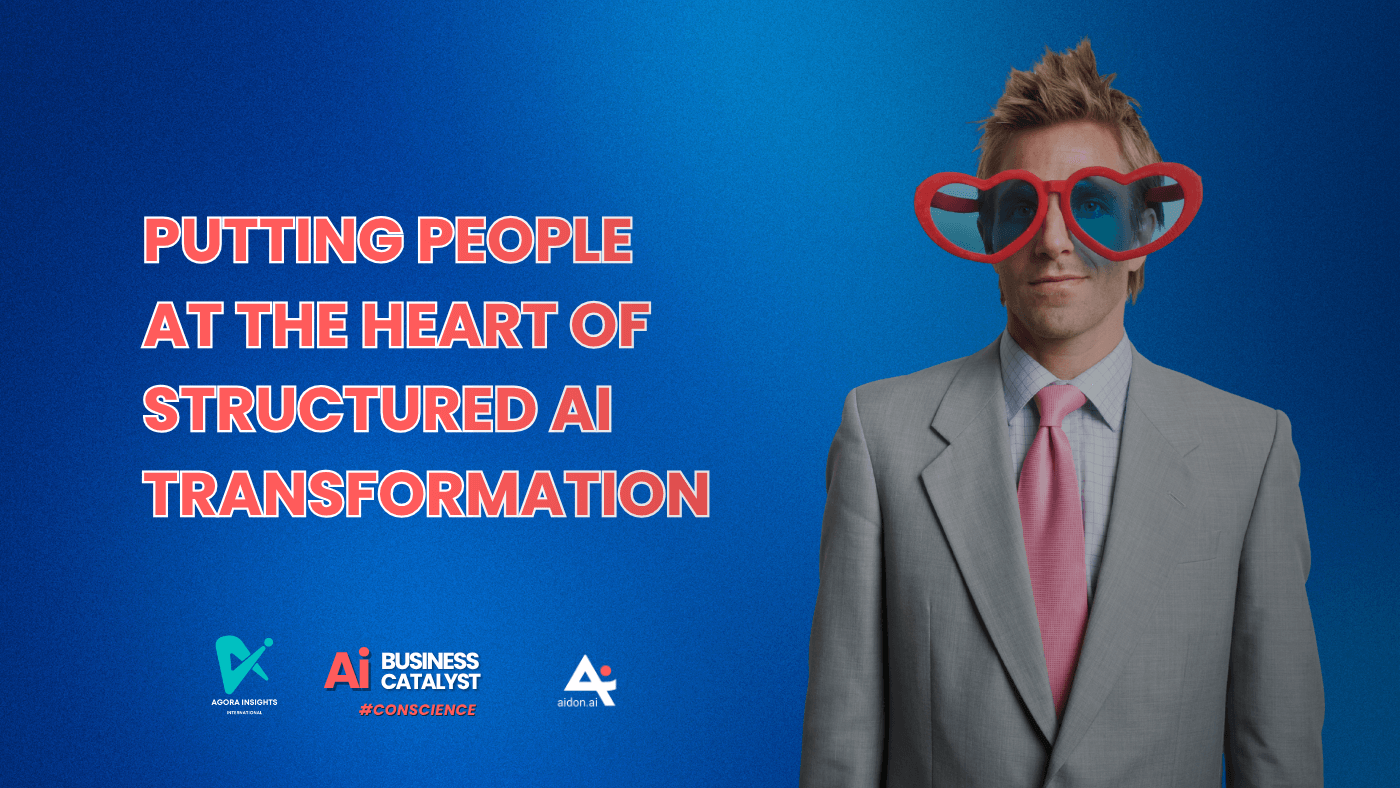
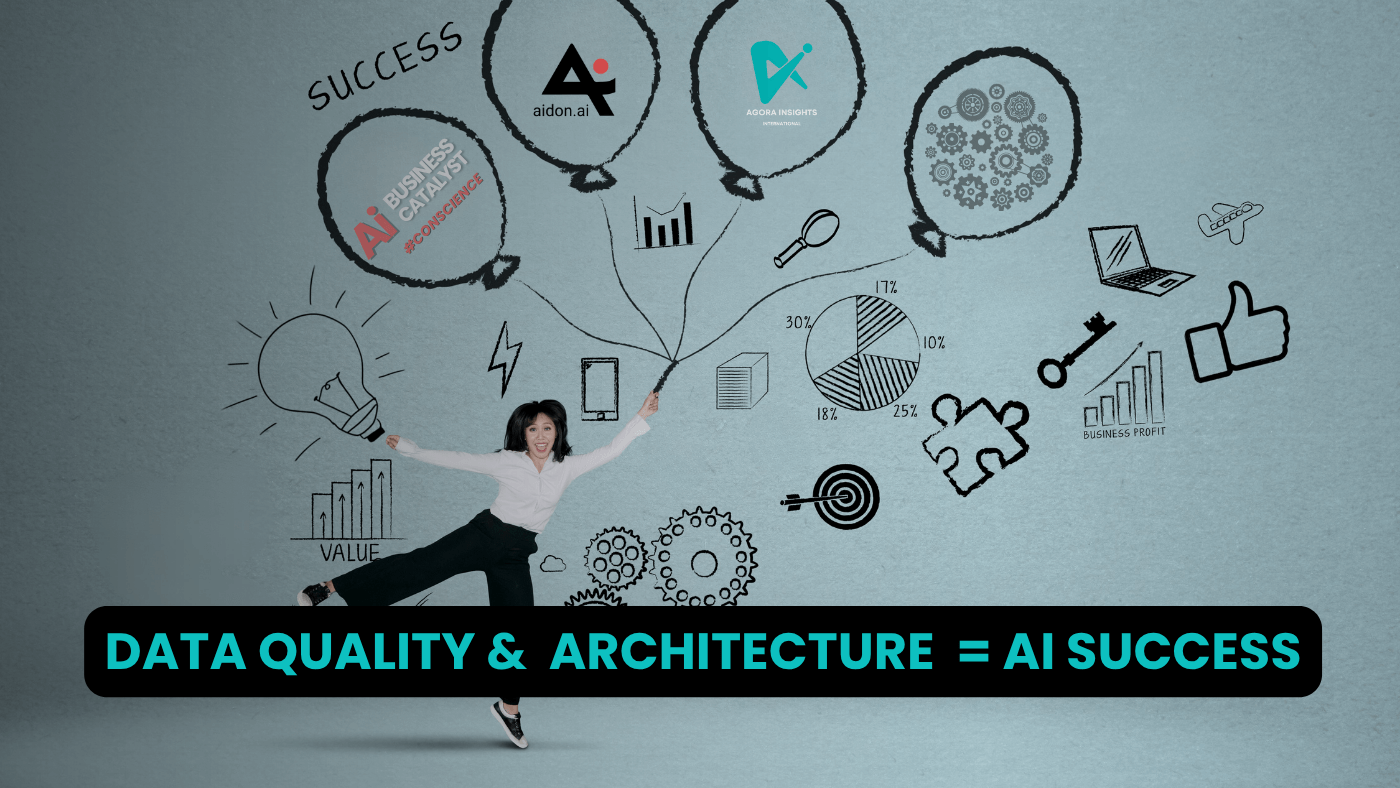
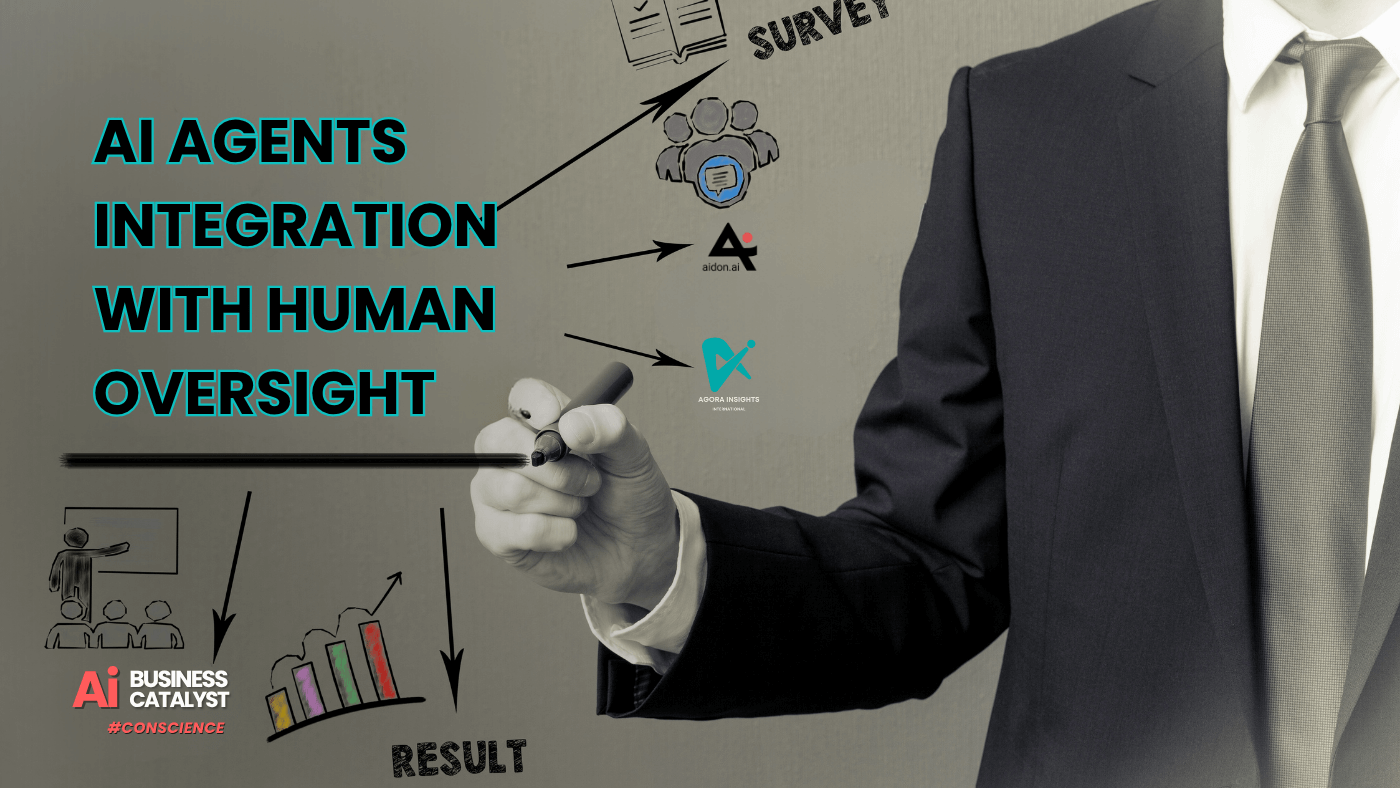
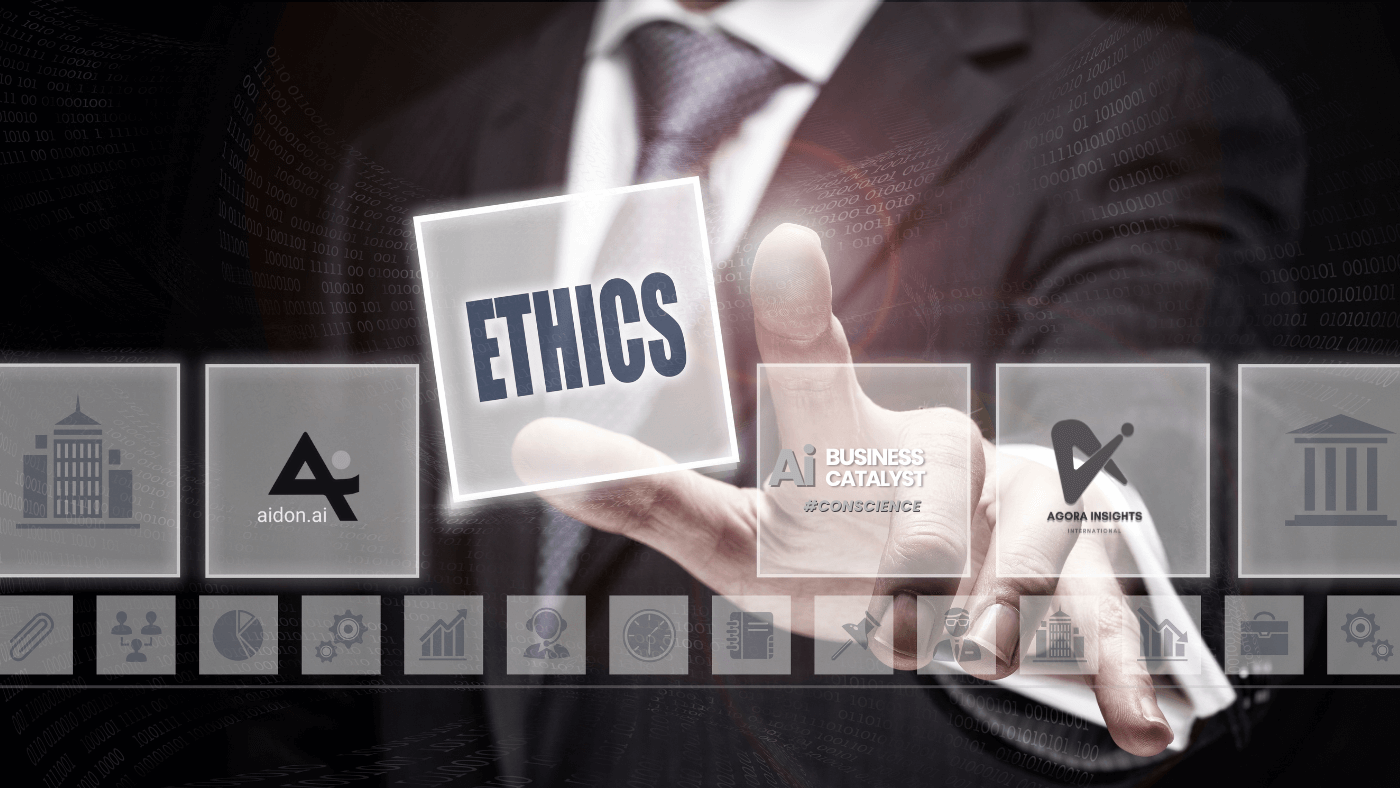
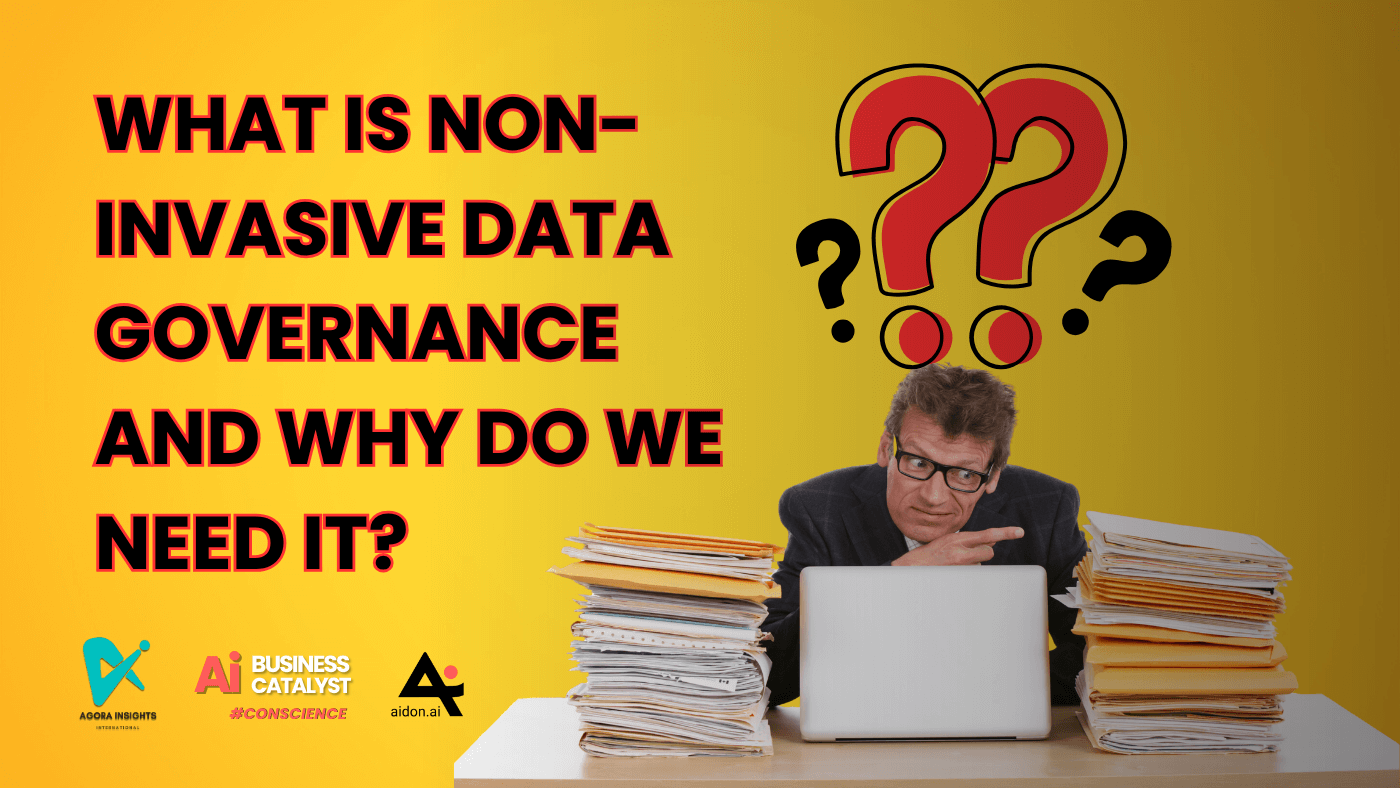
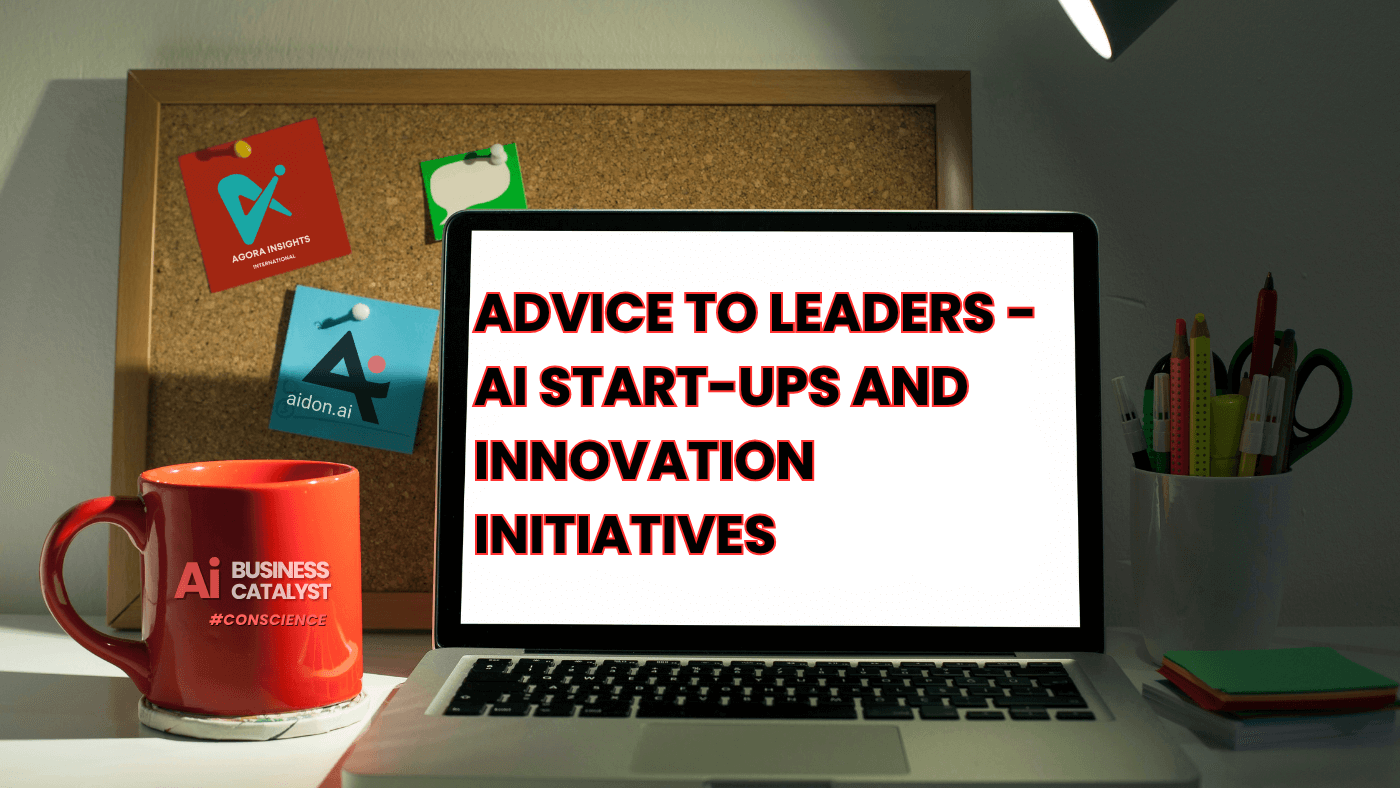
Post a Comment